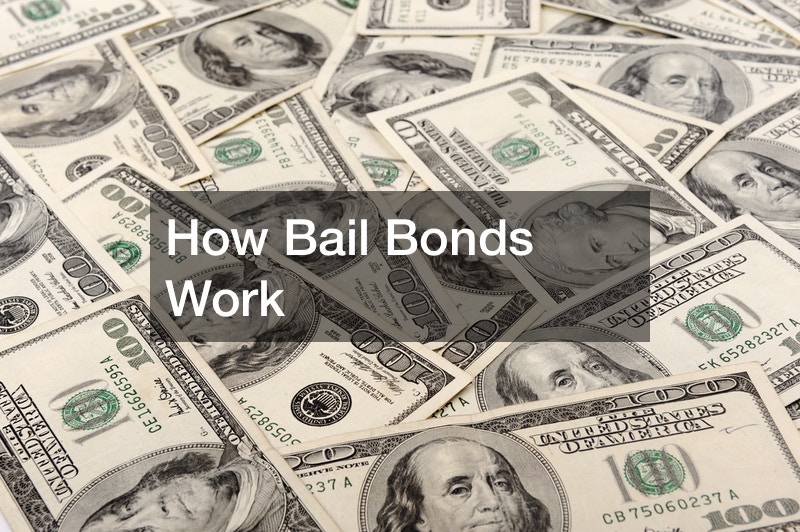Bail is an important part of the judicial system. It allows defendants get out of jail in order to build their case. This video explains what bail bonds are, how to pay them, and what they mean.
The bail will be set by a judge during an arraignment hearing. The amount varies depending on the crime committed, the judge’s interpretation of the evidence, and the background of the defendant. If the defendant has a clean record and is an upstanding member of the community, the bail may be lowered.

The bail is paid by the defendant, the friend of the defendant, or a bail bondsman. If the defendant or a loved one posts bail, the money is kept until the sentencing hearing. If the defendant shows up to all of their court dates, they will be reimbursed minus a fee the courts take for holding onto the money.
A bail bondsman can post a bail bond if the defendant cannot pay the bail. They will take a 10-15% fee and post the rest. While the defendant does not get the fee back, it’s keeps their money safe and helps out if they do not have enough.
For more information, check out the video above.
